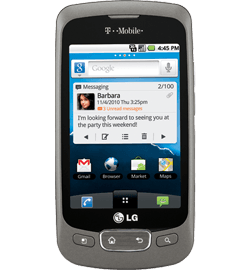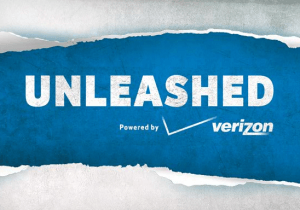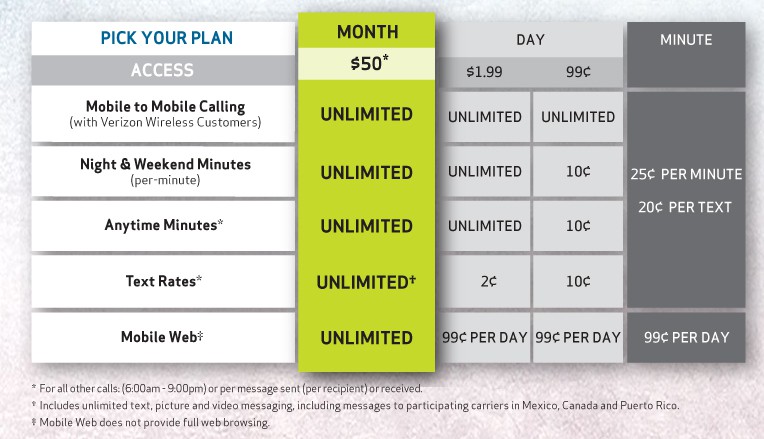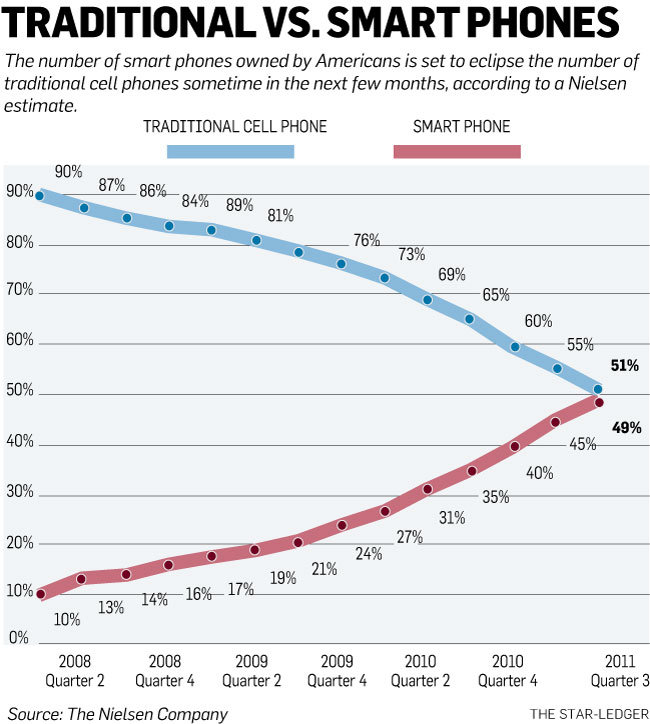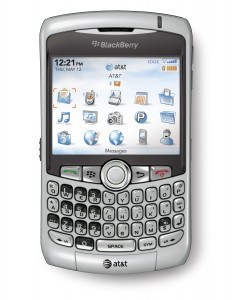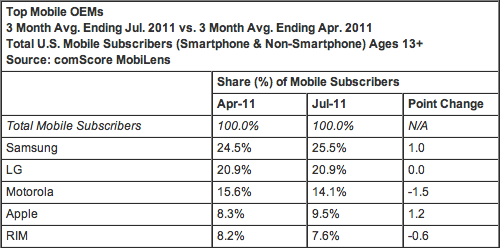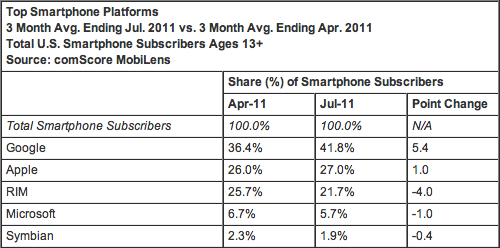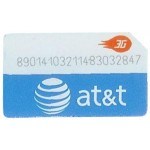Some analysts would have you believe nobody wants to keep doing business with T-Mobile, but when the price is right, it can bring the company’s online ordering system to its knees.
T-Mobile’s prepaid division ran a sale this morning on a refurbished LG Optimus T, an entry-level Android v2.2 smartphone, for just $82.49. In addition to free ground shipping, the phone also included $30 in airtime credit (as all of their $50+ prepaid phones currently include).
T-Mobile exhausted its supply within hours, but not without some frustration from customers who found completing the order difficult when the website began to fail from all of the traffic.
“This is an amazing deal, especially when combined with some “cashback” programs run by websites like Fatwallet, which knocked another $7.50 off the price,” writes Stop the Cap! reader Jenny Truro. “T-Mobile’s prepaid service is actually a good deal when you top up once for $100, because all subsequent refills in any amount won’t expire for an entire year.”
Truro doesn’t use a cell phone enough to justify a standard two-year contract plan, and hated dealing with AT&T’s GoPhone prepaid plan because minutes were costly and expired quickly.
“AT&T lets you keep minutes up to a year when you spend $100, but you have to keep renewing at $100 every year if you want to hang on to last year’s minutes,” Truro says. “T-Mobile doesn’t stick you with that, and some of the other providers charge way too much per minute.”
Truro says the LG Optimus T she purchased this morning will be her introduction to smartphones.
“If I find I don’t use it enough to justify paying for prepaid data plans and other features, it was not an expensive experiment.”
The LG Optimus T can also be unlocked by T-Mobile by calling customer service 60 days after activating the phone on their network. That allows the phone to be used on other providers’ networks with an appropriate SIM card.
Since AT&T announced its intention to merge with T-Mobile, analysts have declared T-Mobile a white elephant — one that postpaid customers are increasingly leaving. But T-Mobile’s innovative, often-aggressive pricing proves that for the right price, customers will not only stick with the carrier, they’ll be joined by thousands of others willing to sign up.


 Subscribe
Subscribe